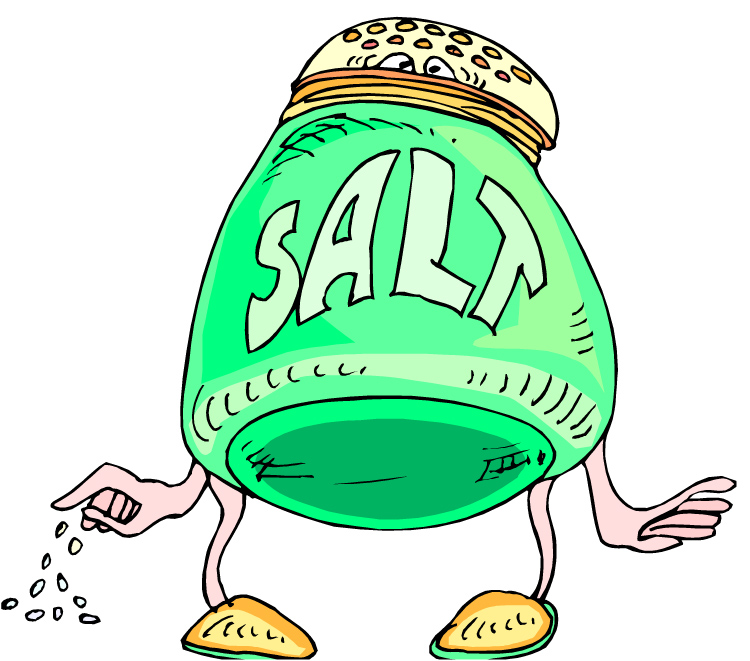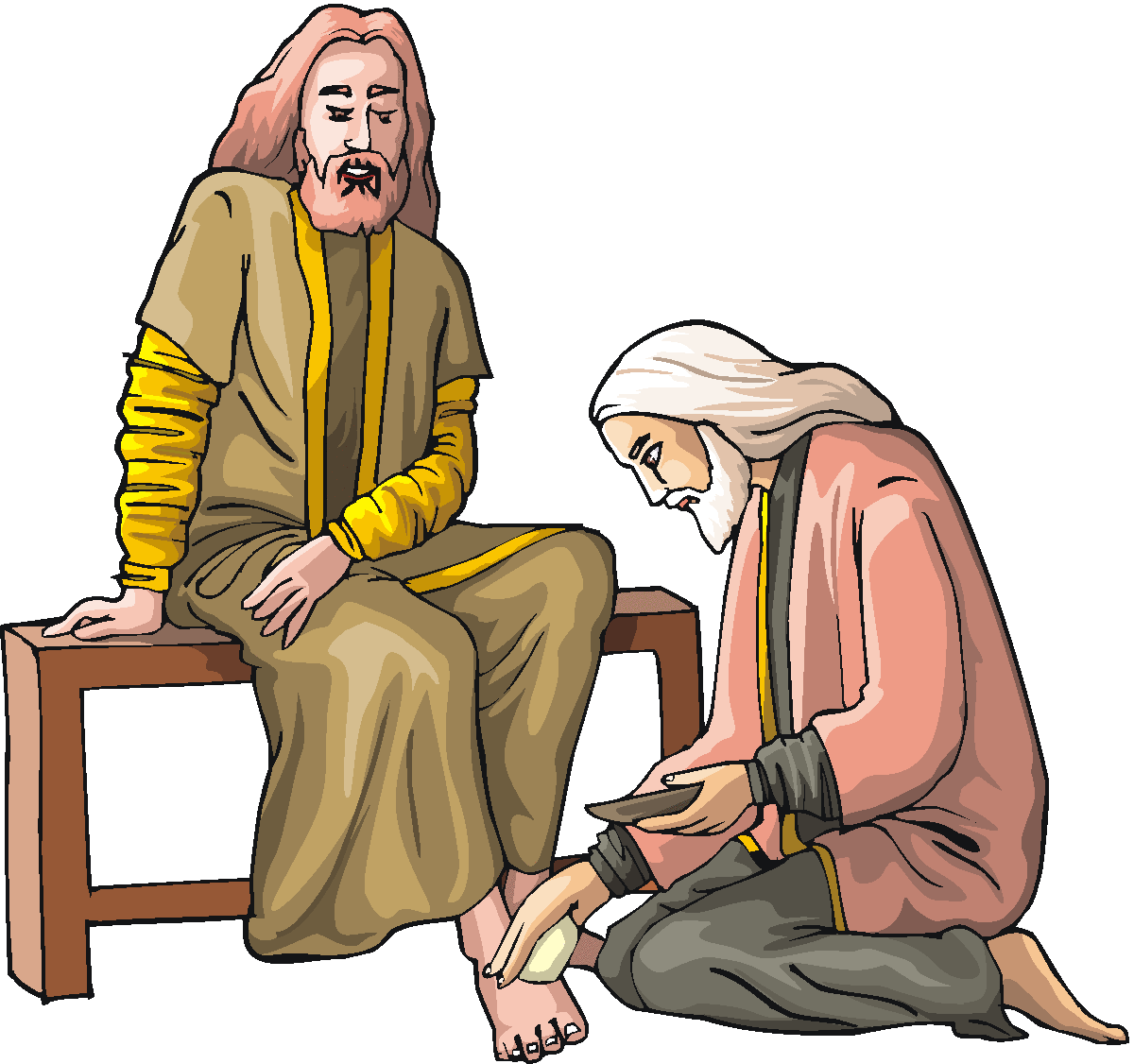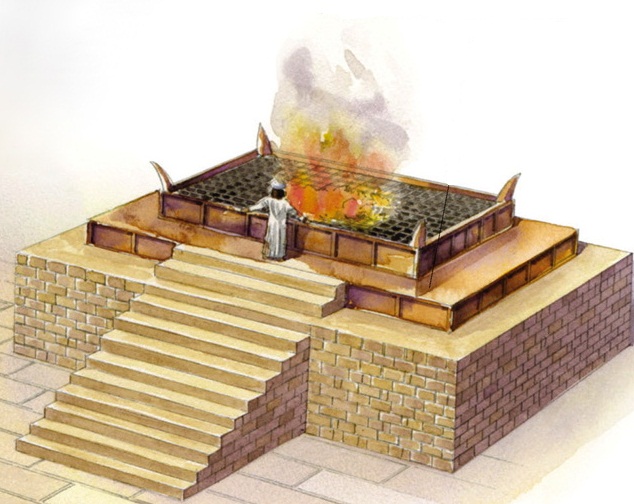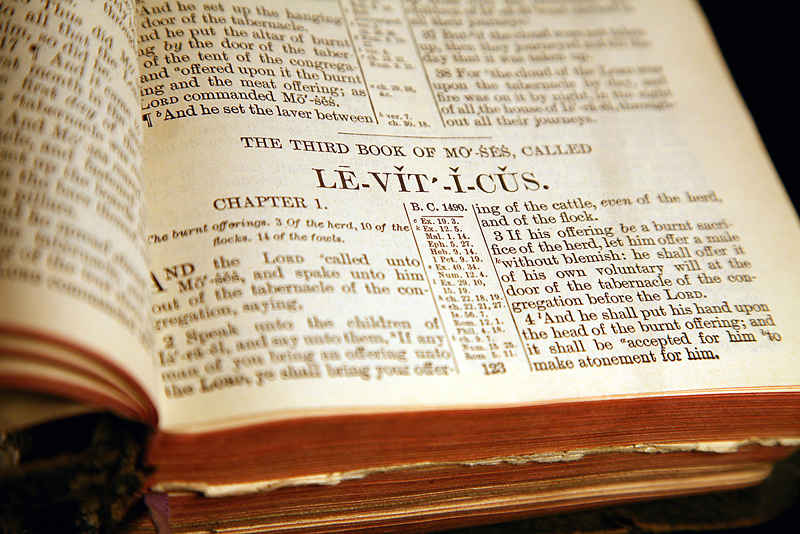
Leviticus 2:13, (also Num 18:19) Salt of the covenant. Why did YHVH mandate that salt be added to this offering?
Like the other elements of all the offerings listed in this chapter, it is a physical substance YHVH uses as a prophetic metaphor to help humans to understand spiritual realities. As a top tier teacher, YHVH uses teaching tools to understand humans deep spiritual truths—to help us to bridge the gap in our understanding between the physical and earthly plane that the spiritual or heavenly plane. To wit, salt has two properties. It destroys (thereby purifying a substance) and preserves. It destroys plants and microorganism like fungus and bacteria and it therefore aids in the preservation of food by killing those things that cause food to decay. Therefore salt symbolizes the covenant of YHVH, which stipulates that if you follow the Torah you will be blessed (preserved and purified), but if you violate it you will be cursed (destroyed). As salt prevents spoilage of food, and acts as a cleansing agent, so the Torah-Word of Elohim, if obeyed, will keep one in the paths of righteousness and in right relationship with the Almighty. It will prevent one from spiritual degradation.
Furthermore, salt as a preservative conserves and symbolizes permanence, even as the sacrificial meat it seasoned symbolized the immutability of YHVH’s covenant with his people.
Salt also makes food palatable, even as obedience to the commandments of Elohim make otherwise sinful men palatable to the “taste buds” of the Creator. Recall Yeshua’s statement about the saints being the salt of the earth (Matt 5:13). Our Master further states that every sacrifice was salted (Mark 9:49), and Paul declares that the saints are “living sacrifices, holy and acceptable [or well-pleasing] to Elohim.” As such, they are to be unlike the world, which to YHVH is tasteless and not well-pleasing (Rom 12:2–3)
So salt is a sign of YHVH covenant with his people for a variety of reasons that are spiritually significant.
So important was salt in ancient times as a food preservative that it is called “a foundation of civilization.” Because it was difficult to obtain, it was a highly valued trade item, and roads were constructed to procure it (e.g. the Via Salaria in Italy during Roman times). Cities and empires were built around salt supplies. The English word salary derives from the Latin word salarium for salt, and either indicates that the wages of a Roman soldier were at times paid in salt, or that he was allotted money to purchase salt (http://en.wikipedia.org/wiki/History_of_salt).
These facts underscore the reality that without salt, human life cannot exist. As such, salt is an appropriate addition to the tabernacle sacrifices, for without the sin sacrifice of Yeshua (which the ancient Levitical sacrificial system prophetically portrayed), man has no hope of being preserved eternally.








